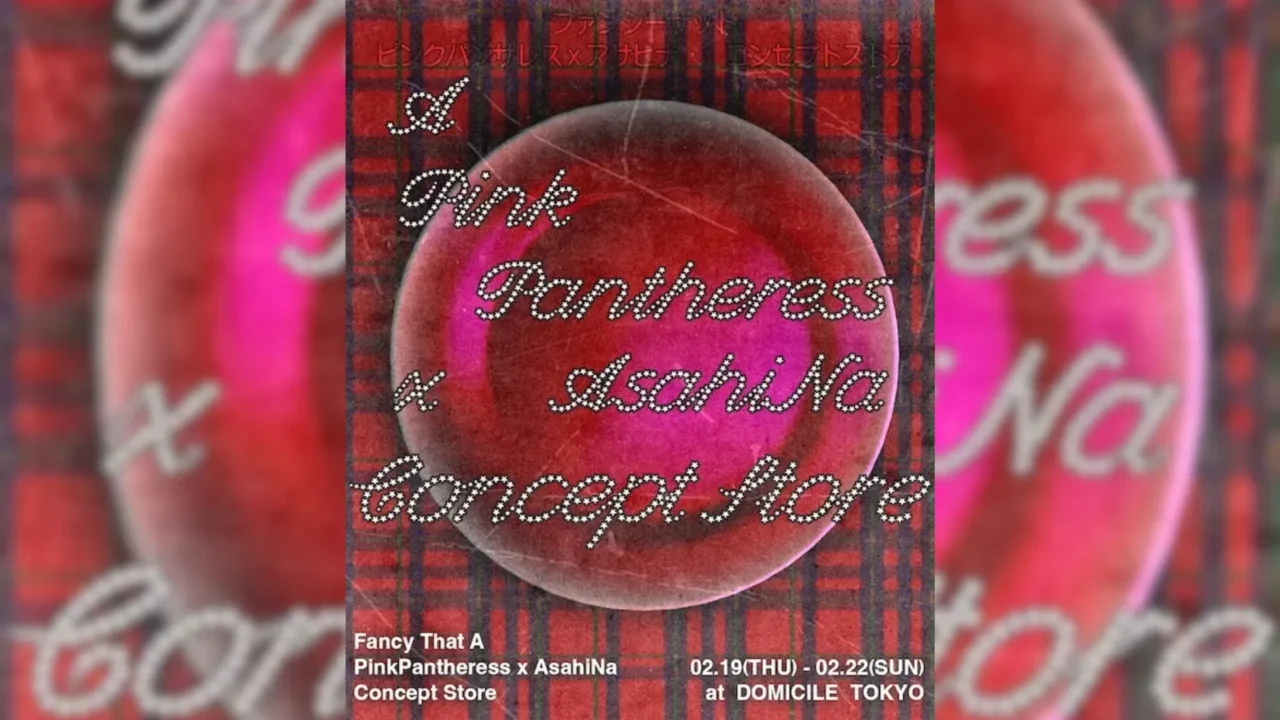INDEX
The Alluring Clue in the Scene Before the Mirror
The presentation of mystery and suspense. Accumulation of emotions and their unresolved outcomes. Amidst a proliferation of estrangement effects, what exactly is this film trying to convey? Or perhaps, is it choosing not to convey anything at all?
These sensations intensify further as the film progresses, accumulating more metaphors and estrangement effects. However, in a rare instance during a mid-film scene, there is a linguistic clue that prompts a meta-understanding of the film itself. In front of a large mirror, Elizabeth is shown learning from Grace about “becoming Elizabeth,” the makeup techniques.*
*The mirror has long been regarded in film criticism as a significant motif that evokes fundamental relationships of seeing and being seen, involving the camera and the screen.
Here, the two of them take a decisive step from within the structure of “Elizabeth scrutinizing Grace,” which had barely held together until then. In a shot where they both peer into the same mirror — effectively looking into the camera — Elizabeth gains a method to “become” Grace through the symbolic process of makeup. In doing so, they both reveal themselves to each other and are represented equally as beings scrutinized by the audience.
At this moment, the film nullifies the absolute viewpoint of Elizabeth’s eyes, which had been overlaid onto the storyteller’s perspective barely maintained for us as viewers. Instead, it assimilates with Grace’s gaze. Elizabeth, while receiving makeup guidance, discusses her parents, mentioning that they were scholars who initially opposed her becoming an actress. Her mother published a respected book titled “On Epistemological Relativism”…

In this scene, which should be particularly significant, why did Elizabeth suddenly bring up a book with a highly philosophical title (and in such a mysteriously meaningful whisper)? Contrasted with Grace’s following comment, “My mother wrote the best blueberry cobbler recipe,” it straightforwardly illustrates the cultural and class differences between them. However, more importantly, the term “epistemological relativism” mentioned here specifically narrates the exceptional allure of this film as a meta-mystery.






















